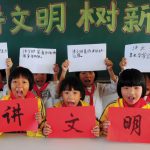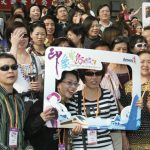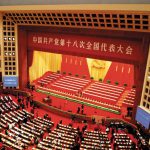
Chinese Dreams (Zhongguo meng 中国梦)
by Geremie R. Barmé

Xi Jinping summed up the ideals of the party-state (the Communist Party-led government of the People’s Republic) as what he called the ‘China Dream’. Speaking as the new President of China in March 2013, he discussed this catchall vision in the following way (the official Xinhua News Agency translation is followed by an interpretation free of Party-speak in square brackets).





